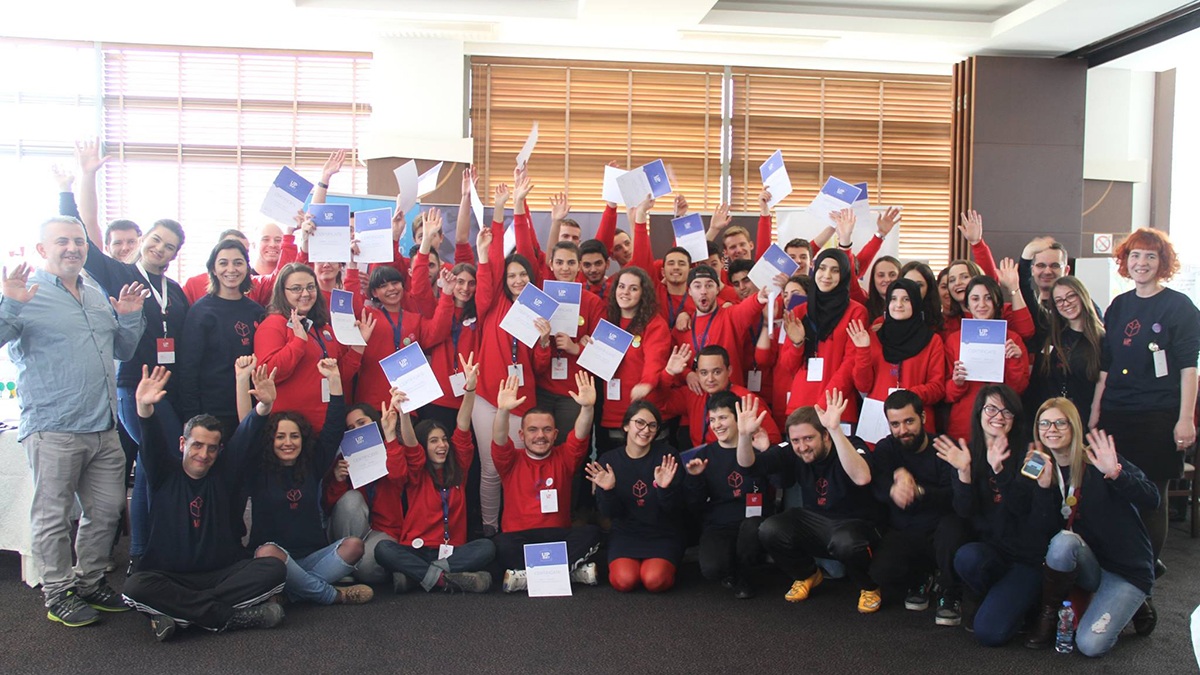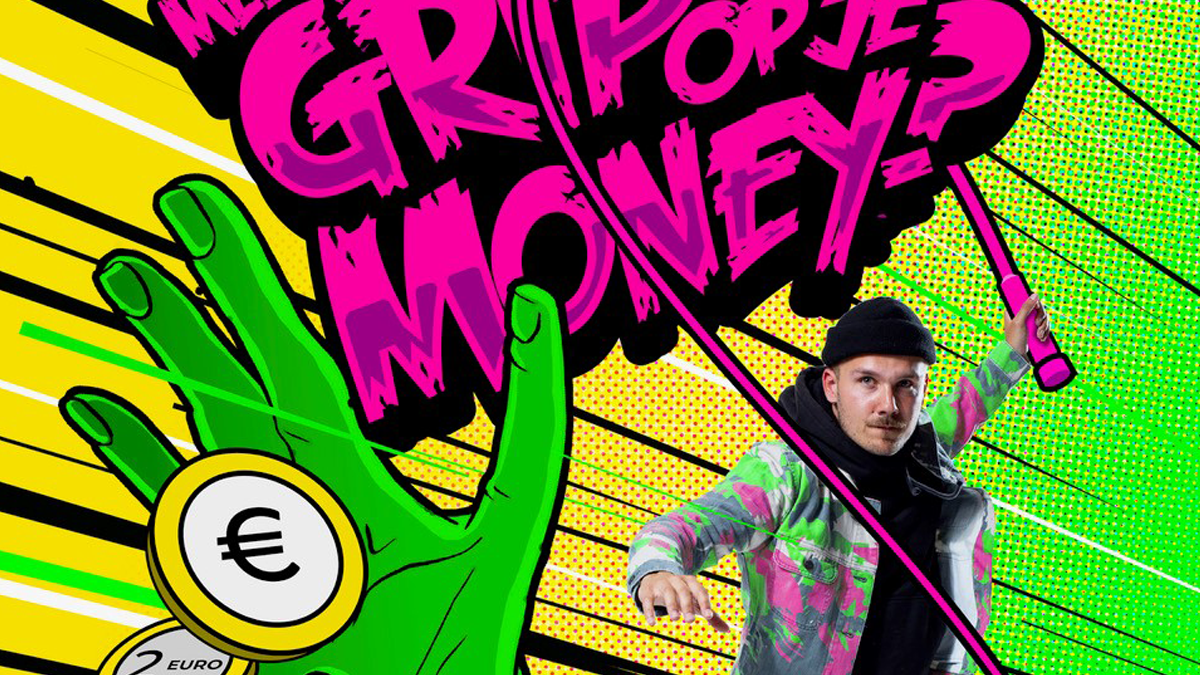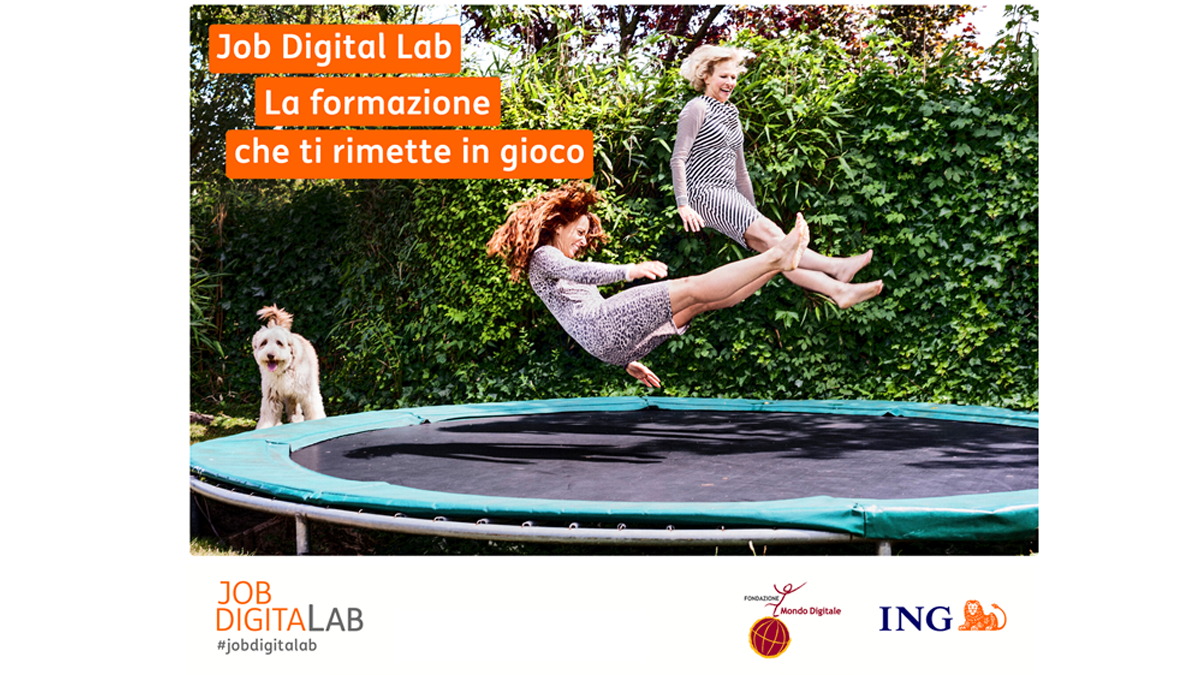Helping millions take part
When Maria Elena from Northern Italy lost the bookstore job she had for 26 years because of the coronavirus pandemic, she realised she needed to get some digital training. Thanks to ING, she got it. ING’s new community support is all about supporting people like Maria Elena – and millions of others.
“After losing my job as a bookseller, I found myself in need of updating on the use of technology and social media,” Maria Elena said. She got the help she needed from Job Digital Lab, an ING-supported programme that provides training to the most fragile segments of the population in Italy.
“Thanks to Job Digital Lab I learned for example how to use social networks for job-searching. I had never considered it, but it turned out to be really useful.”
Job Digital Lab is just one of the programmes that ING supports as part of our sharpened community investment approach. We are now focusing closer to home as the coronavirus pandemic brings long-lasting social and economic challenges to our customers as well as their family, friends and communities.
The new approach (launched in June) centres around helping local communities in three areas related to financial health: future-proof employment (for instance: developing skills and finding jobs, helping people like Maria Elena); financial capabilities (getting out of problematic debt); and social enterprises (local entrepreneurs creating products and services that help people).
The projects described here are highlights of the 20 programmes in 12 countries that ING is currently supporting under this new approach.
Getting out of problematic debt
In Poland, ING supports the Think! Foundation, which educates people about financial literacy and managing household budgets – especially about adapting to changes related to the Covid-19 pandemic.
That’s necessary in a country where research shows that the average citizen has limited savings, 54% of adults are repaying loans, and 48% expect their financial situation to worsen during the pandemic, adopting a ‘here and now’ strategy over planning for the future.
“This all only reassured us that Poles need personal finance knowledge to ensure financial immunity to the challenges of uncertain times we live in,” said Klaudia Borys, ING’s Sustainability and CSR expert in Poland. “We’re convinced we should provide them with opportunities to learn in simple and straightforward terms.”
The project involved online courses, including articles, webinars and human stories. ING colleagues joined the Think! Foundation’s experts in giving household budgeting advice and answering participants’ questions.
The project raised the participants’ awareness and provided the skills necessary to ensure they know how to manage their household finances in the changing circumstances. About 1,100 people participated, with the content being shared with 1 million people through ING’s local communication channels.
Supporting social enterprises
In Romania, ING is supporting Startarium, an online platform for starting entrepreneurs that was created by ING and then officially launched with help from the NGO Impact Hub in 2016.
Startarium is now helping empower start-ups that are developing innovative solutions to societal challenges brought on by the pandemic. Part of that is helping charitable organisations switch their business models to entrepreneurial, so they can make a bigger impact.
“We’re looking at supporting social ventures who aim high,” said Alexandra Maier, responsible for sustainability for ING in Romania. “Not just through the nature of the challenge, but the nature of the market, the scalability of the innovation and whether it connects enough to individuals. It should aim to impact 200,000 people.”
The aim is for the start-ups supported by Startarium to improve the lives of more than two million people by the end of 2022. Its good work is being recognised, as it was just awarded first place in the programmes category in Romania’s biggest awards in the NGO (non-governmental organisation) sector.
Global approach – local impact
Supporting local programmes that contribute to an inclusive economy – where everybody has the opportunity and capability to participate – is closely related to our brand and belief that everybody should have the freedom to do their thing. It’s a global approach that will make local impact.
All of ING is working together towards the same impact goal: to help three million people gain better access to the economy by 2025. People like Maria Elena from Italy.
“I always find myself thinking: technology is so fast-changing that I can get new inspiration every day,” said Maria Elena. “The more I acquire new skills, the more I want to learn.”
Our community support approach in a nutshell
- Aim: helping three million people gain better access to the economy by 2025.
- Focus on three areas related to financial health: future-proof employment, financial capabilities and social enterprises.
- Currently we support 20 programmes in 12 countries, with the aim to impact more than 1 million people, with more than 500 colleagues participating.
- Projects are submitted to ING global by ING country teams three times a year. They’re selected by the global community investment board based on strict criteria.



